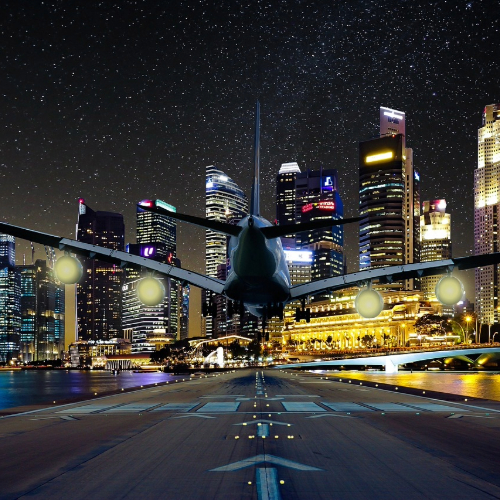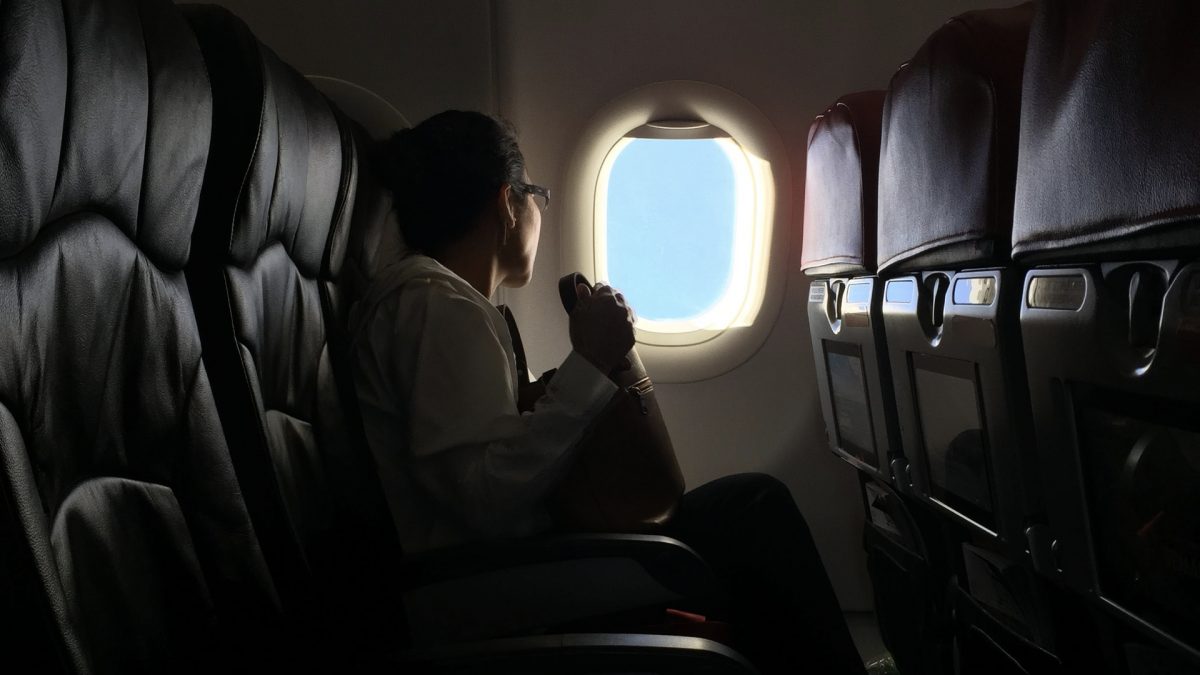
Jet Lag
The 2017 Nobel Prize in Medicine was awarded for elucidating the molecular mechanisms of our internal circadian clocks. For billions of years, life on Earth evolved to the 24-hour cycle of light and dark, so it’s no surprise our bodies are finely tuned to that pattern. When people are in total darkness without any external time cues, our bodies still continue to cycle in about a 24-hour circadian rhythm. In fact, you can even take tissue biopsies from people and show the cells continue to cycle outside the body in a petri dish. Nearly every tissue and organ in our bodies have own internal clocks.
An intricate system of intrinsic clocks drives not only some of our behavioral patterns, such as eating, fasting, sleeping, and wakefulness, but also our internal physiology, including our digestion, body temperature, blood pressure, hormone production, and immune activity. Most of our genes exhibit daily fluctuations in expression, making the circadian rhythm the largest known regulatory system in our bodies.
Anyone who’s ever had jet lag knows what throwing off our cycles by even just a few hours can do. Our health may depend on keeping these clocks in sync. Social jet lag is the discrepancy in sleep timing between the days we work and the days we’re off. From a circadian rhythm standpoint, when we go to bed late and sleep in on the weekends, it’s as if we flew a few time zones west on Friday evening and flew back east on Monday morning. Travel-induced jet lag goes away in a few days, but what might be the consequences of constantly shifting our schedules every week over our entire working career? To my knowledge, no interventional studies have tested this yet, but population studies suggest those who have at least an hour of social jet lag a week (which may describe more than two-thirds of people) have twice the odds of being overweight.
For substantiation of any statements of fact from the peer-reviewed medical literature, please see the associated videos below.
Image Credit: Image by G.C. from Pixabay. This image has been modified.
Popular Videos for Jet Lag


How to Treat Jet Lag with Melatonin-Rich Food
There may be a way to get the benefits of over-the-counter melatonin supplements without the...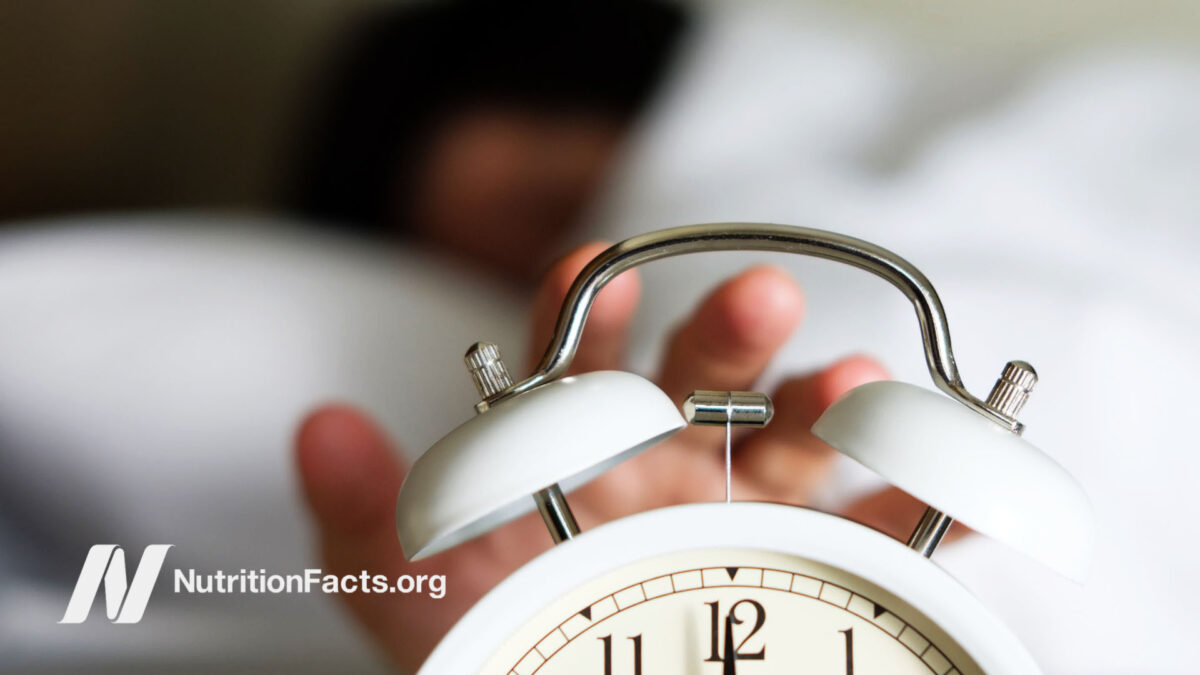
Does Getting Enough Sleep Help You Lose Weight?
Even getting just one more hour of sleep a night may help with weight control.
Does Lack of Sleep Cause You to Gain Weight?
Those randomized to 8.5 hours of sleep a night lost significantly more body fat than...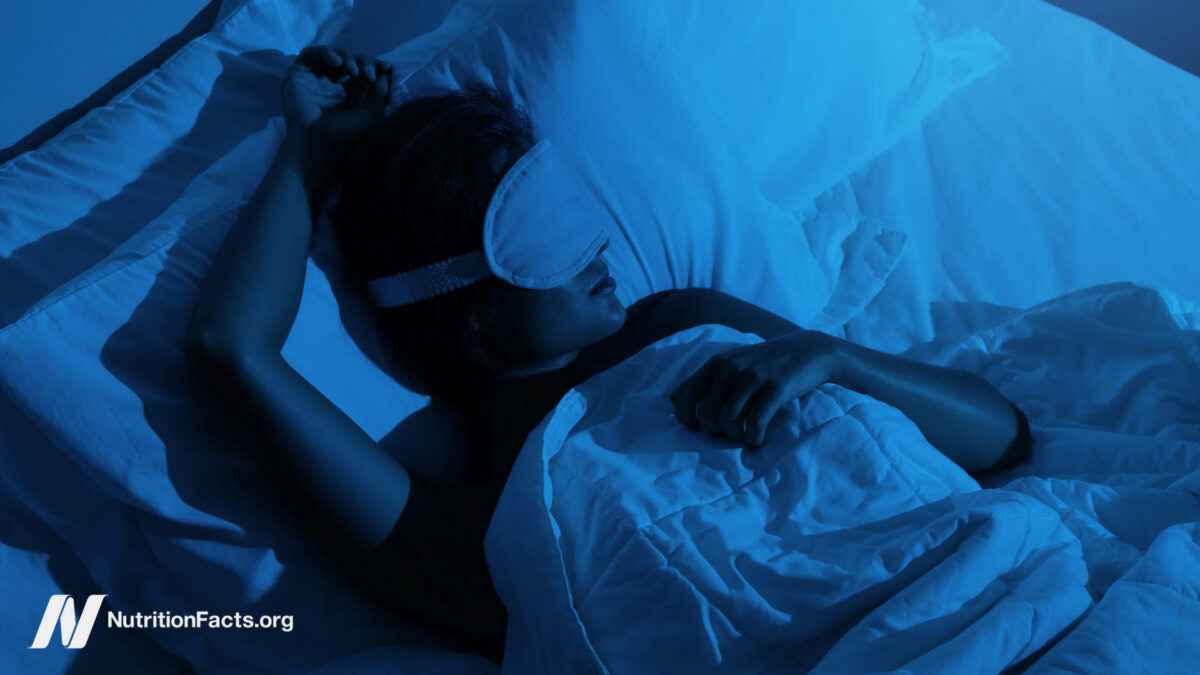
How to Get a Good Night’s Sleep Without Sleeping Pills
Taking less than just 18 Ambien-class sleeping pills in an entire year may triple the...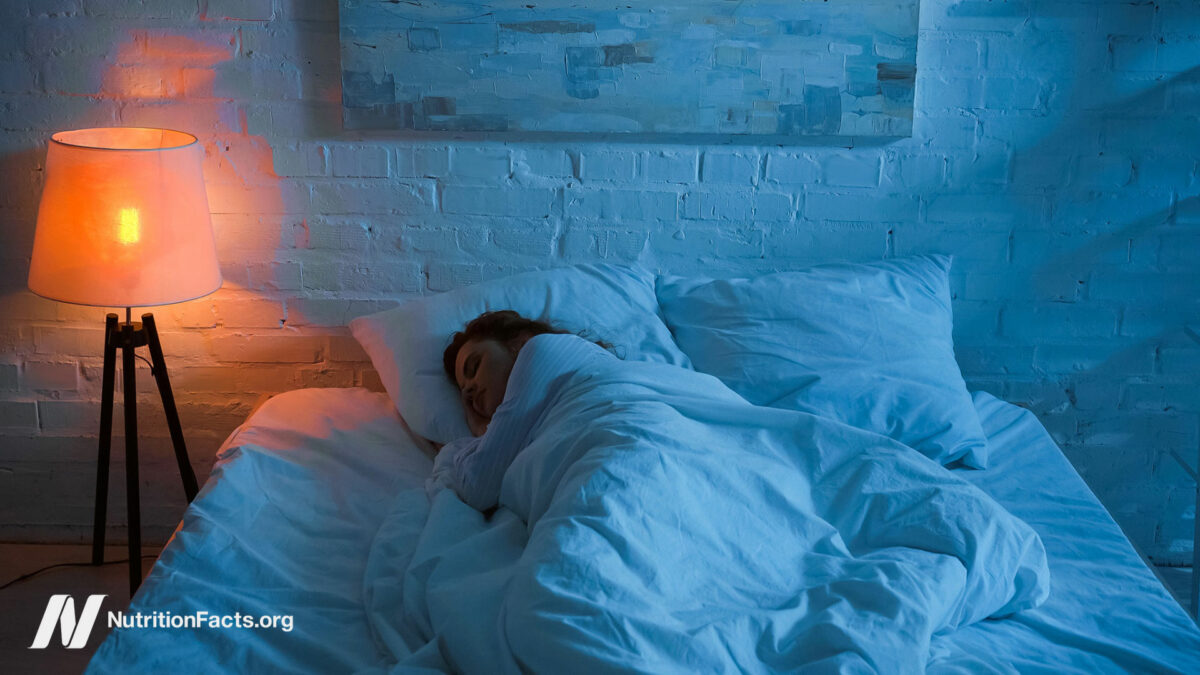
Is Six Hours of Sleep Enough?
Just because we don’t have evidence that there is a growing epidemic of sleep deprivation...
Kiwifruit for Insomnia
Two kiwi fruit an hour before bedtime may improve sleep quality and duration, without the...
Tart Cherries for Insomnia
The melatonin content in certain plant foods such as almonds, raspberries, and goji berries may...All Videos for Jet Lag
-

The Metabolic Harms of Night Shifts and Irregular Meals
What shift workers can do to moderate the adverse effects of circadian rhythm disruption.
-

How to Treat Jet Lag with Melatonin-Rich Food
There may be a way to get the benefits of over-the-counter melatonin supplements without the risk.
-

Are Melatonin Supplements Safe?
Over-the-counter melatonin (“anti-gonad hormone”) supplements tend not to contain what they say they do, and the contaminants could be dangerous.
-

How to Treat Jet Lag with Light
Use cheat sheets to figure out exactly when and how to treat jet lag using light exposure and light avoidance at specific times of the day, based on which direction you’re going and how many time zones you cross.
